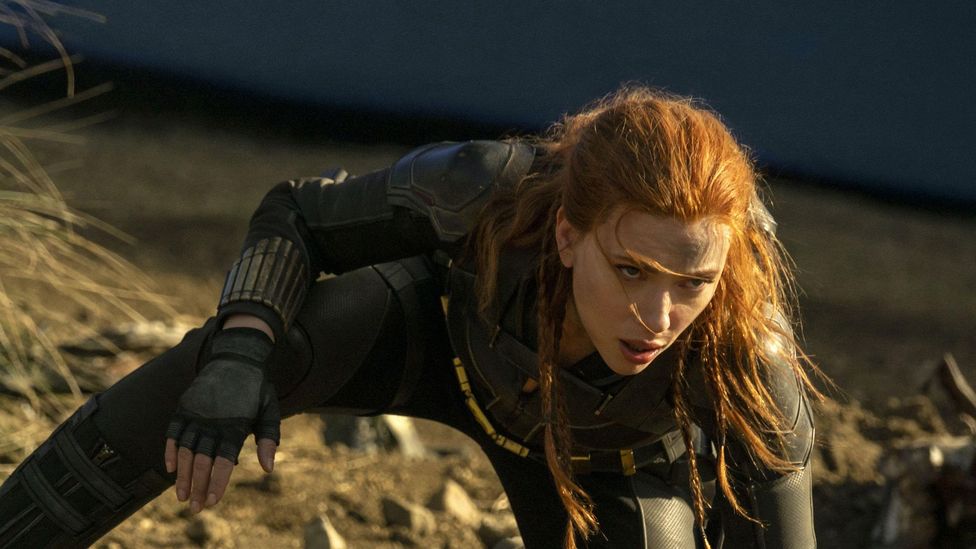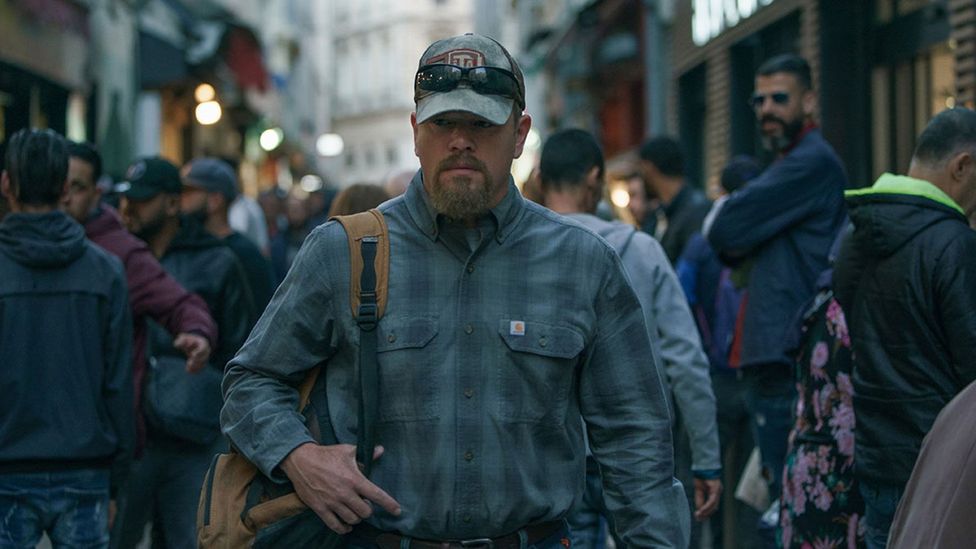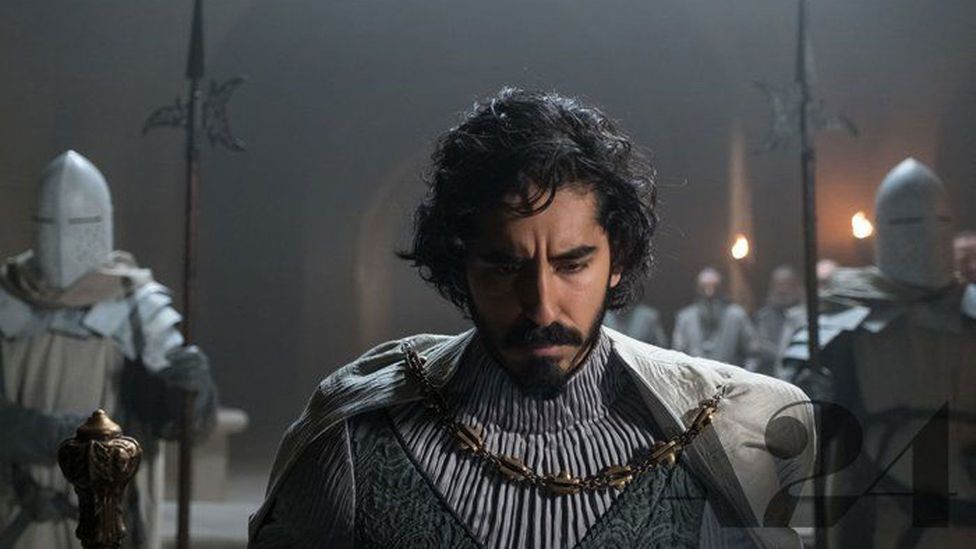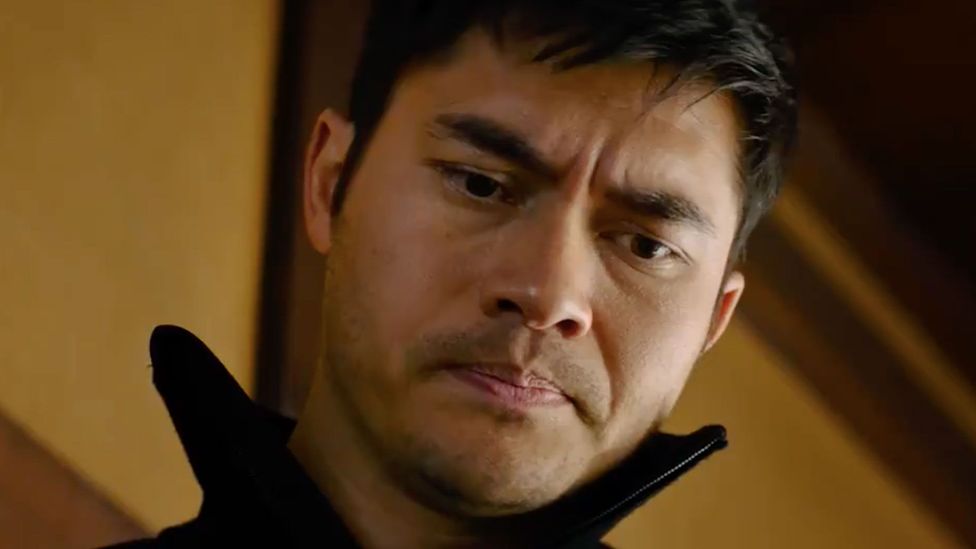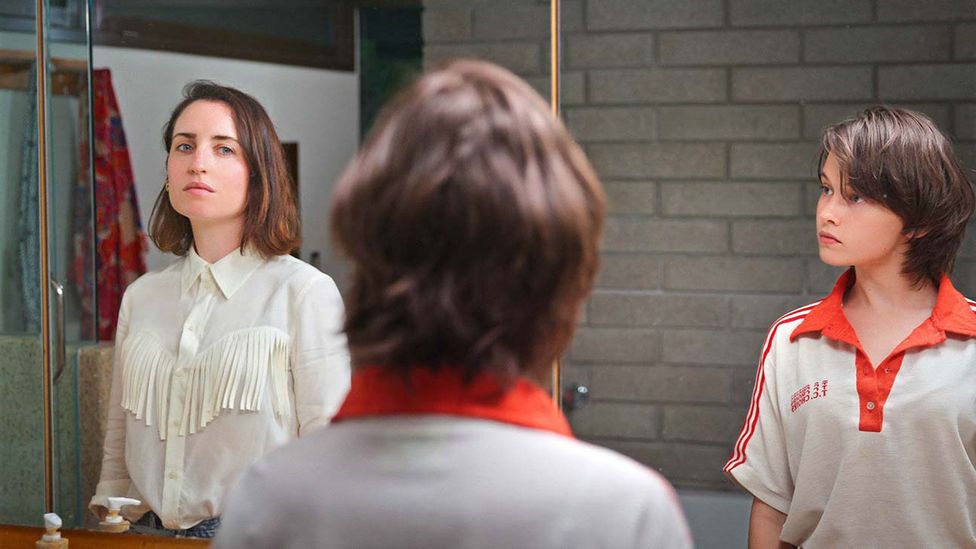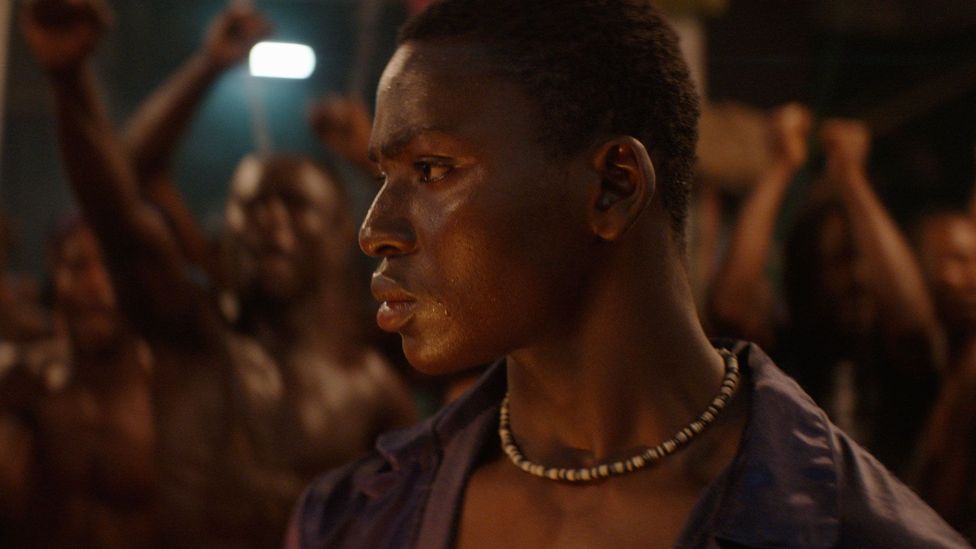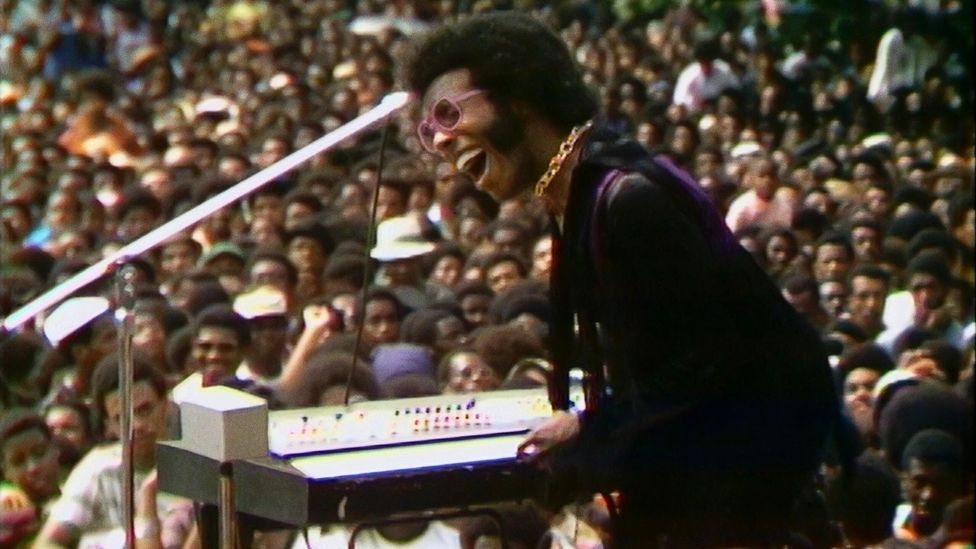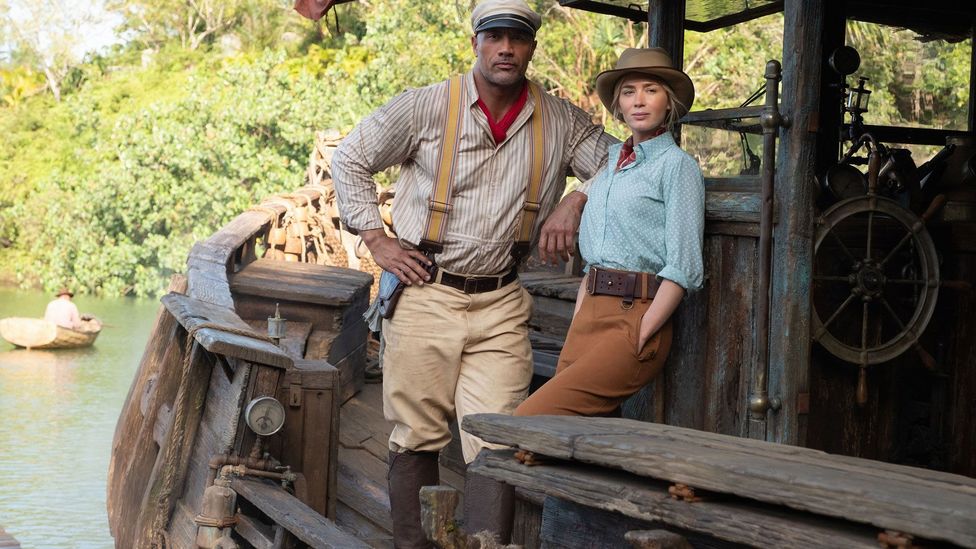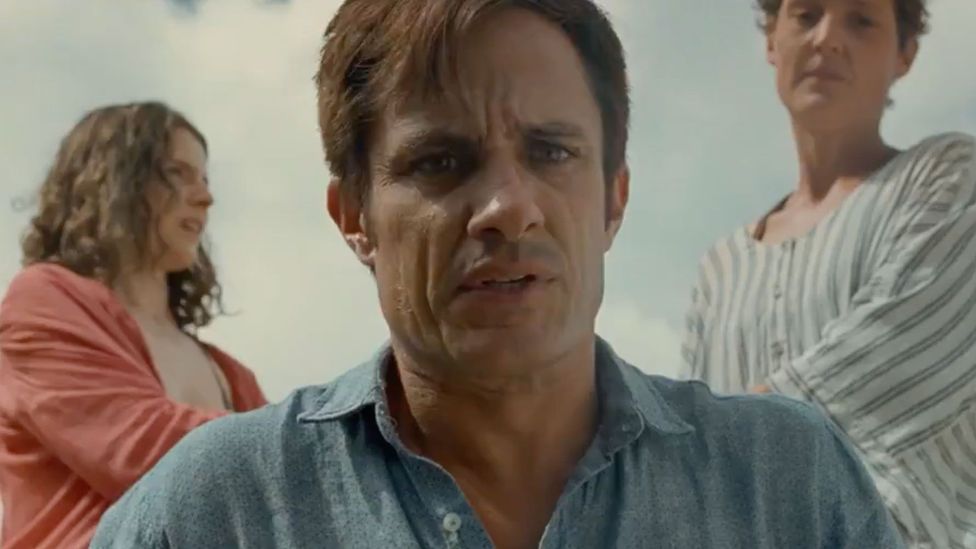Ruth Stock-Homburg, a professor of management and human resources management at the Technical University of Darmstadt, Germany, says she’s witnessed the phenomenon across multiple industries. “I started observing people in quiet hours in retail stores, and people are just standing there bored. Or taxi drivers that have to wait sometimes for hours in quiet times in the countryside.” Tech workers in Silicon Valley have also told her they feel the same way, she says.
Stock-Homburg and her colleagues have identified three main aspects of the boreout phenomenon: “being terribly bored, having a crisis of growth and having a crisis of meaning”.
Although it’s normal for everyone to get bored at work occasionally, being chronically bored for days on end may indicate that you need to address the issue, says Harju, because failing to do so can have consequences. In 2014, she worked on a study, looking at more than 11,000 workers at 87 Finnish organisations. She found that chronic boredom “increased the likelihood of employees’ turnover and early retirement intentions, poor self-rated health and stress symptoms”.
Other research backs this up. A 2021 study showed that 186 government workers in Turkey who suffered from boreout also dealt with depression, and high rates of stress and anxiety. Studies show depression from boreout can follow workers outside the office, and lead to physical ailments from insomnia to headaches.
Can you fix it?
Tackling boreout can be tricky, however, because generally by the time you recognise it, you’ve been chronically bored for a while.
“Boreout is different from burnout in the sense that bored-out employees rarely collapse out of exhaustion. Bored-out people may be present physically but not in spirit, and people can keep doing this for a good while,” says Harju.
Workers who realise they’re experiencing boreout may also be reluctant to flag it up as an issue to line managers or human resources. While the behaviours that feed into burnout – overwork, drive – are appreciated and rewarded by employers, boreout “reflects a lack of interest, a lack of motivation”, says Harju. “These are very much taboo in organisations.”
There are some quick fixes, like taking on work tasks that are more interesting to you. “To improve would require finding some purpose or inspiration in what one is doing,” she says. And people are more likely to be able to rediscover enthusiasm for their work if they had it in the first place. But a 2016 study Harju and her colleagues worked on showed that people who had boreout were less likely to engage in constructive activities like trying to find new, interesting challenges at work.
What happens more often, she says, is that people will just show up at their desks and spend time shopping online, cyberloafing, chatting with colleagues or planning other activities. She says that these people aren’t lazy, but are using these behaviours as “coping mechanisms”.


